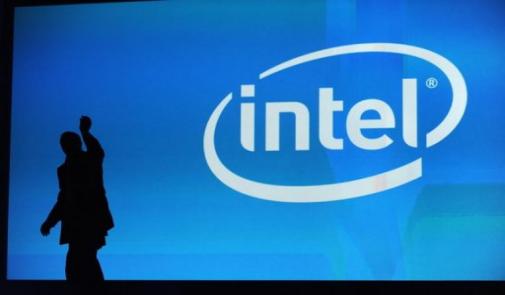
ROME: Intel and Italy are intensifying talks over investments expected to be worth around 8 billion euros ($9 billion) to build an advanced semiconductor packaging plant, two sources close to the matter.
A deal of this size would secure Italy about 10% of the 80 billion euros the US company is looking to spend over the next decade in Europe on cutting-edge manufacturing capacity to help avoid future shortages of semiconductor chips.
Sources had previously told Reuters that the investment size was in a 4 billion to 8 billion euro range.
As part of this plan Germany, the European Union’s largest economy, is in the lead to land Intel Corp’s planned European ‘megafab’ plant, although France remains in the running, Reuters reported in October.
Intel said it is “having constructive investment conversations with government leaders in multiple EU countries” but declined to comment specifically on talks with Italian officials.
“We are encouraged by the many possibilities to support the EU’s digital agenda and 2030 semiconductor ambitions. While current negotiations are ongoing and confidential, we plan to make an announcement as soon as possible,” the company said in a statement.
Chipmakers are scrambling to boost output after explosive demand for consumer electronics such as smartphones and computers resulting from the work-from-home trend during the Covid19 pandemic led.
Meanwhile EU countries, where many jobs still rely on industries such as automobile manufacturing, are eager to reduce their dependence on semiconductor supplies from China and the United States after recent supply chain problems.
The proposed Italian factory would be an advanced packaging plant using innovative technologies to weave full chips.
Intel and the Italian government of Prime Minister Mario Draghi are discussing an overall investment of $9 billion over 10 years from when construction begins, the sources said.
Negotiations are complex and Rome wants Intel to clarify its plans for Italy before formalising a package of favourable conditions, especially on jobs and energy costs, they added.
If Rome and Intel clinch a deal, they will then proceed with the choice of a site for the plant, the sources said.
However its Chief Executive Pat Gelsinger earlier this month said he hoped to announce the locations of new chip plants in the United States and Europe early next year.
In April, the Italian government used anti-takeover legislation to block a planned sale of a controlling stake in a local semiconductor equipment maker to China’s Shenzhen Invenland Holdings Co Ltd.






